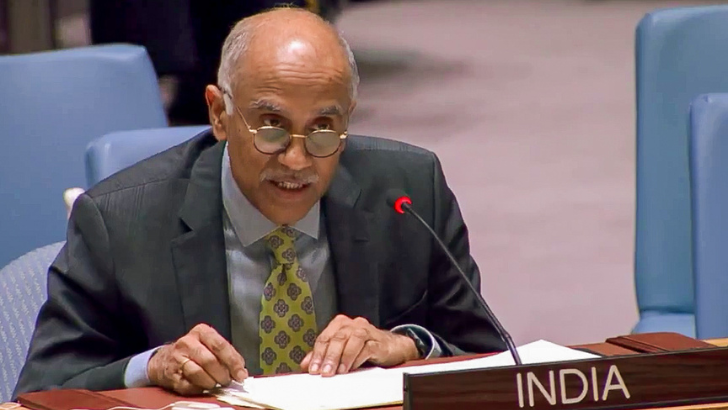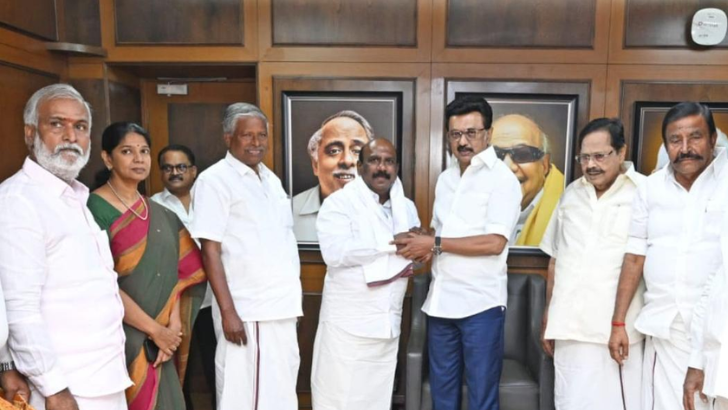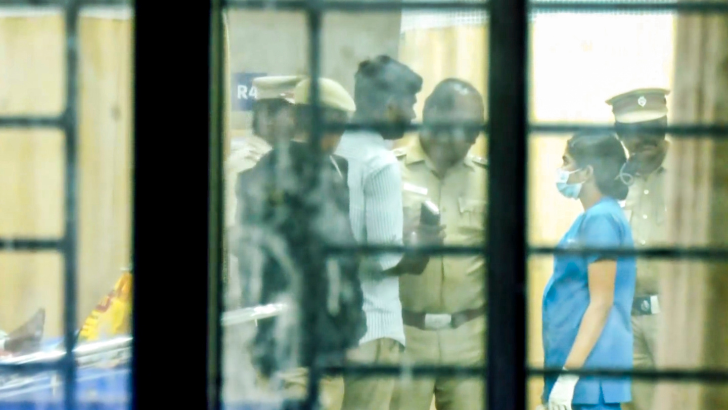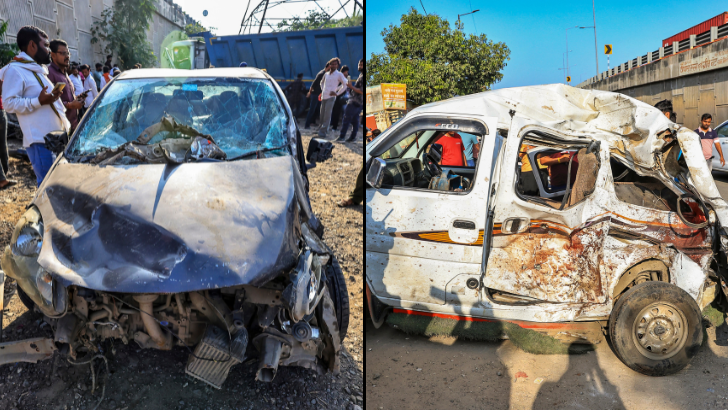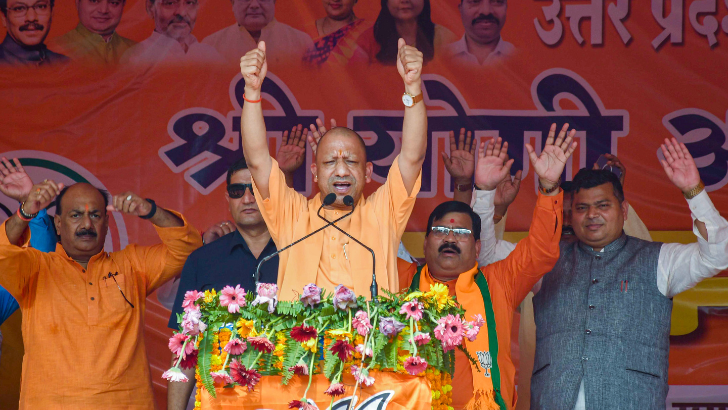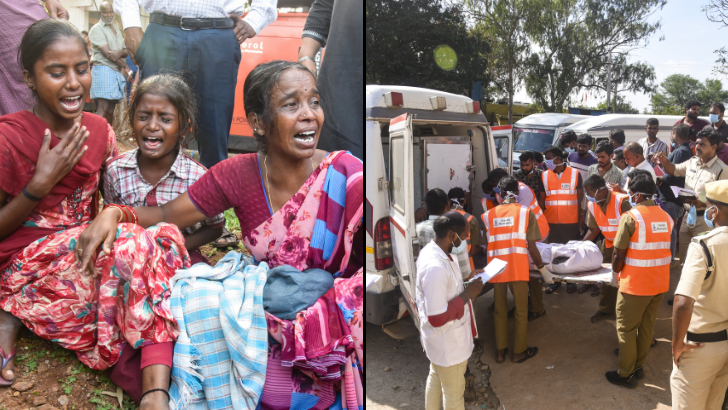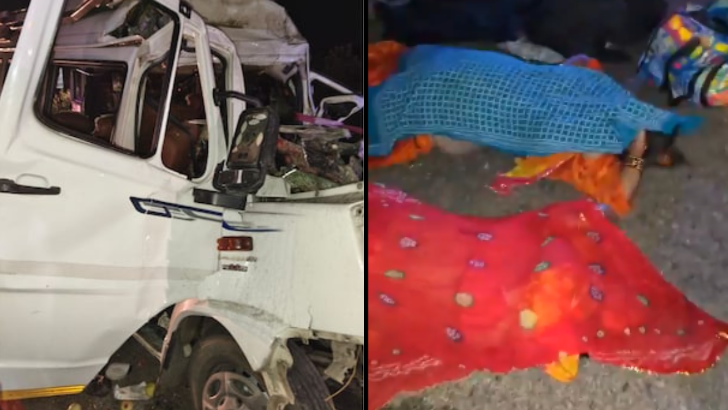At UN, India seeks global action to stop LeT & JeM from using Afghan for terrorism
'India is closely monitoring the security situation in Afghanistan,' India’s Permanent Representative to the UN Ambassador Parvathaneni Harish said on Wednesday.
PTI
-
India welcomed Afghan's condemnation of Pahalgam terror attack. Photo: ANI
United Nations, 18 Sept
India has called on the international community to ensure
UN-designated terror entities, including Pakistan-based Lashkar-e-Tayyiba (leT)
and Jaish-e-Mohammed (JeM), as well as their facilitators, no longer exploit
Afghan territory for terrorist activities.
“India is closely monitoring the security situation in
Afghanistan,” India’s Permanent Representative to the UN Ambassador
Parvathaneni Harish said on Wednesday.
“The international community must coordinate efforts towards
ensuring that entities and individuals designated by the UN Security Council,
ISIL and Al Qaeda and their affiliates, including Lashkar-e-Tayyiba and
Jaish-e-Mohammed, along with those who facilitate their operations, no longer
exploit the Afghan territory for terrorist activities,” he said, in an apparentreference to Pakistan.
Harish, delivering a statement at the UN Security Council
meeting on Afghanistan, said that India and Afghanistan share a civilisational
relationship and Delhi has a “paramount interest” in ensuring peace and
stability in the war-torn country.
“We believe in the utmost importance of international and
regional consensus and cooperation on key issues concerning Afghanistan and
actively engage with all relevant parties to promote peace, stability and
development in the country. Our participation in UN meetings in Doha and other
regional forums reflects our efforts,” he said.
Harish told the Council that External Affairs Minister S
Jaishankar has spoken twice with the Acting Foreign Minister of Afghanistan
Amir Khan Muttaqi. India also welcomed the strong condemnation by the Afghan
side of the 22 April Pahalgam terrorist attack.
India further stressed that any coherent policy to address a
post-conflict situation must combine incentivising positive behaviour and
disincentivising harmful actions.
“Focusing only on punitive measures is unlikely to meet
desired results. The United Nations and the international community has adopted
more nuanced approaches in other post-conflict contexts. Afghanistan needs a
fresh approach with hitherto unused policy instruments to support its people
who are in such dire need,” Harish said.
He stressed that a “business as usual” approach is only
expected to maintain the status quo, which is not good for Afghanistan and
unlikely to meet international community expectations for Afghanistan’s people.
“After more than four years of living under a sanctioned
regime, the Afghan people have not seen much scope for enhanced development
assistance and cooperation,” he said.
As the country recovers from last month’s devastating
earthquake, Harish said it is time for compassion and lending a helping hand to
millions of Afghans suffering under the yoke of poverty, disease and hunger.
In the aftermath of the earthquake, India was among the
first countries to provide humanitarian assistance, immediately delivering
1,000 family tents and 15 tonnes of food supplies to the affected provinces of
Afghanistan.
An additional 21 tonnes of relief materials, including
essential medicines, hygiene kits, blankets and generators, were dispatched.
More relief supplies are underway and will be delivered in the coming days, Harish
said.
He added that this humanitarian assistance dovetails with
India’s support since August 2021, when the Taliban took over Kabul. At that
time, India supplied around 50,000 tonnes of wheat, over 330 tonnes of
medicines and vaccines, 40,000 litres of pesticides and other essential social
support items for millions of Afghans in dire need of humanitarian assistance.
In partnership with the UN Office on Drugs and Crime, India
has provided 84 MTs of assistance and medicines and 32 MTs of social support
items for drug rehabilitation programmes, particularly those focused on women.
Reiterating that India’s commitment to meeting the
developmental needs of the Afghan people is “non-negotiable”, Harish said New
Delhi's immediate priorities in Afghanistan include the provision of
humanitarian assistance and the implementation of capacity-building initiatives
for the Afghan people.
India’s commitment to Afghanistan’s reconstruction is
demonstrated through more than 500 development partnership projects across all
provinces, he said.
He said India will continue to engage with all relevant
stakeholders and broadly support the international community’s efforts towards
a stable, peaceful and prosperous Afghanistan.
Leave a Reply
Your email address will not be published. Required fields are marked *








